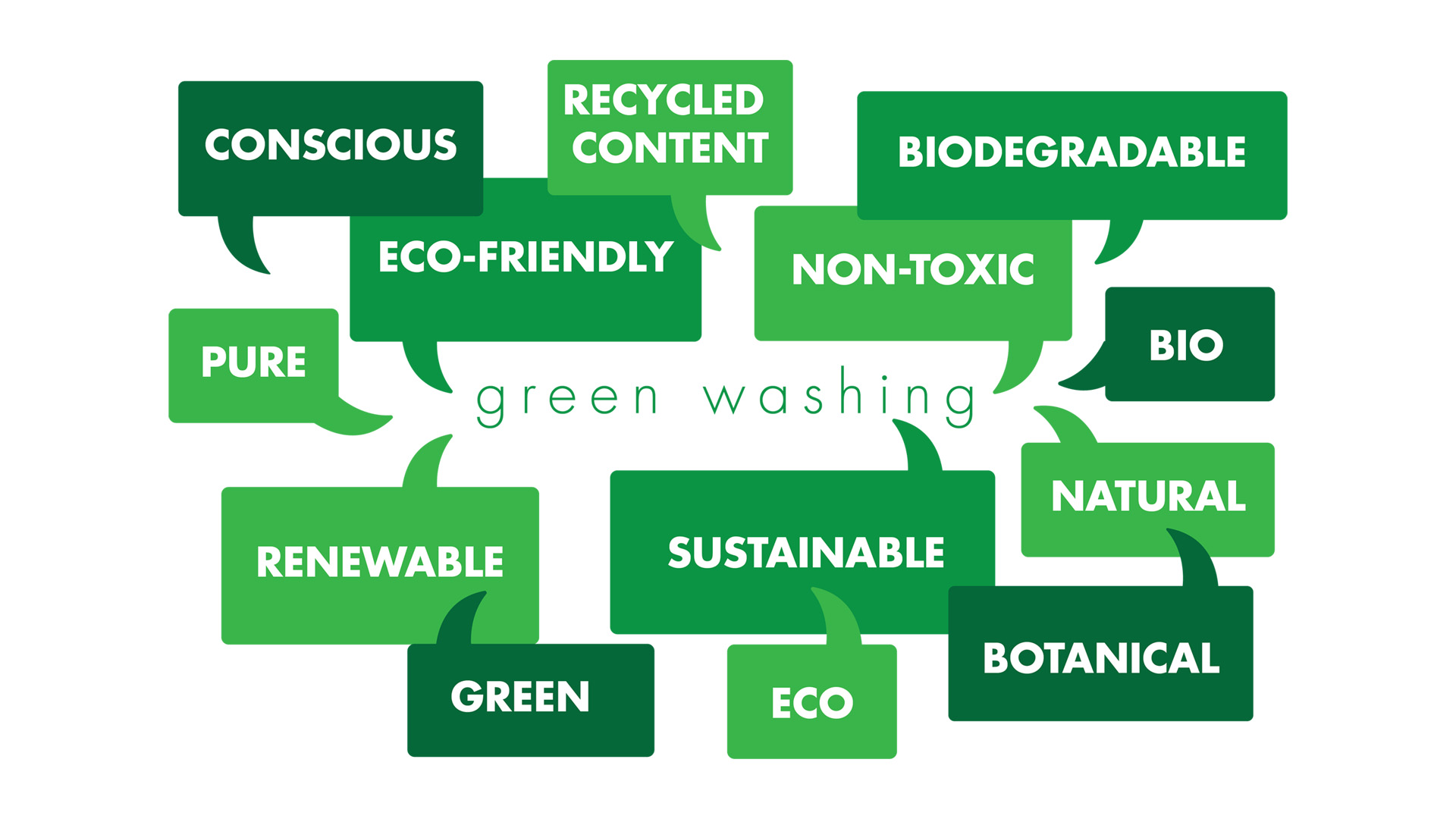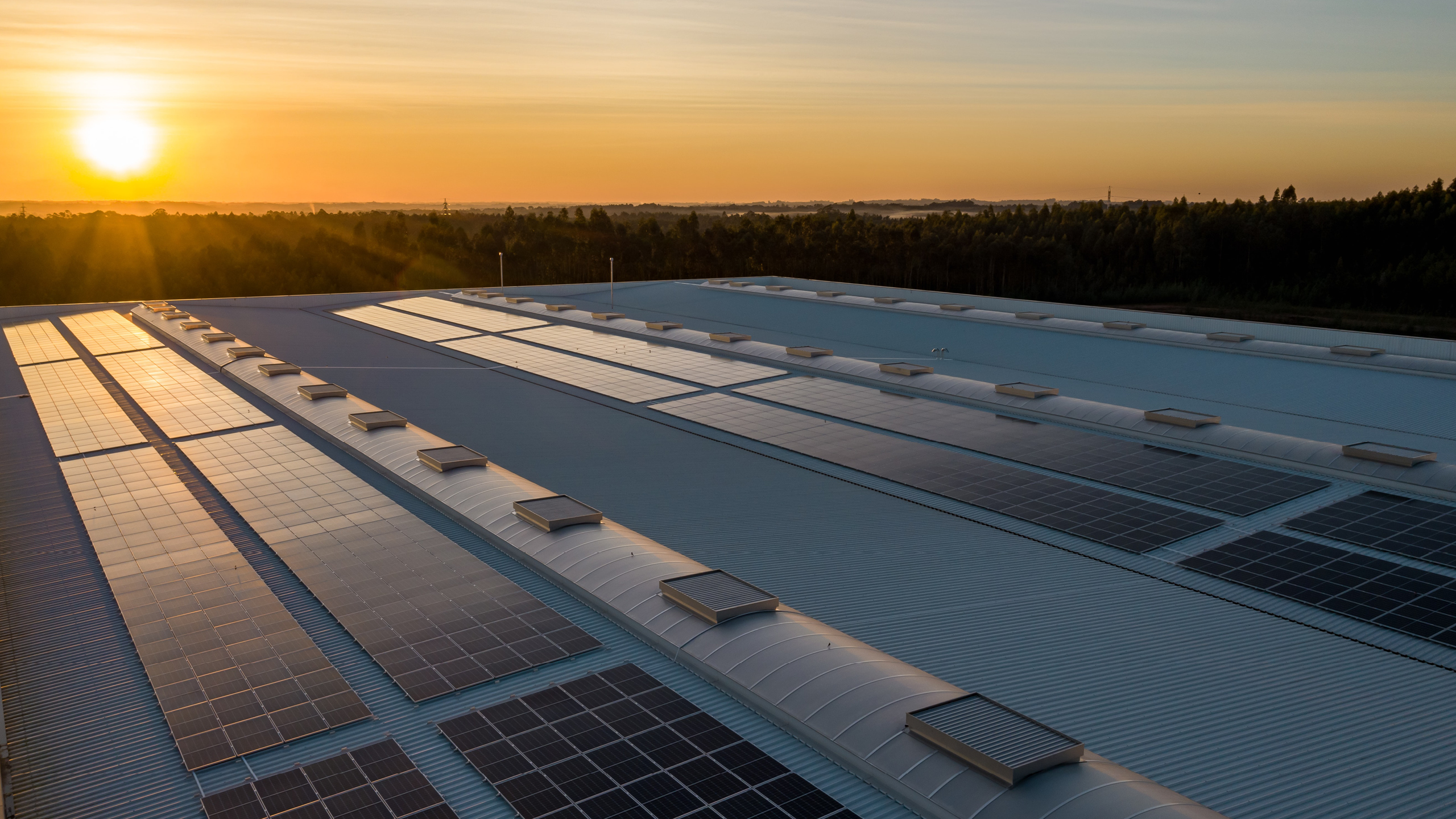The Truth Behind the Green: A Deep Dive into Greenwashing
By Jessica Rossow, RID, NCIDQ
April 18, 2024|
In our pursuit of sustainability, buzzwords like “green”, “eco-friendly”, and “sustainable” have become ubiquitous.They appear on product labels, marketing materials, and even in architectural plans. Initially, this surge in eco-consciousness seems promising. However, deception lurks beneath the surface. A phenomenon known as greenwashing could be misleading us into believing we are making more eco-friendly choices than we realistically are.
|
 |

